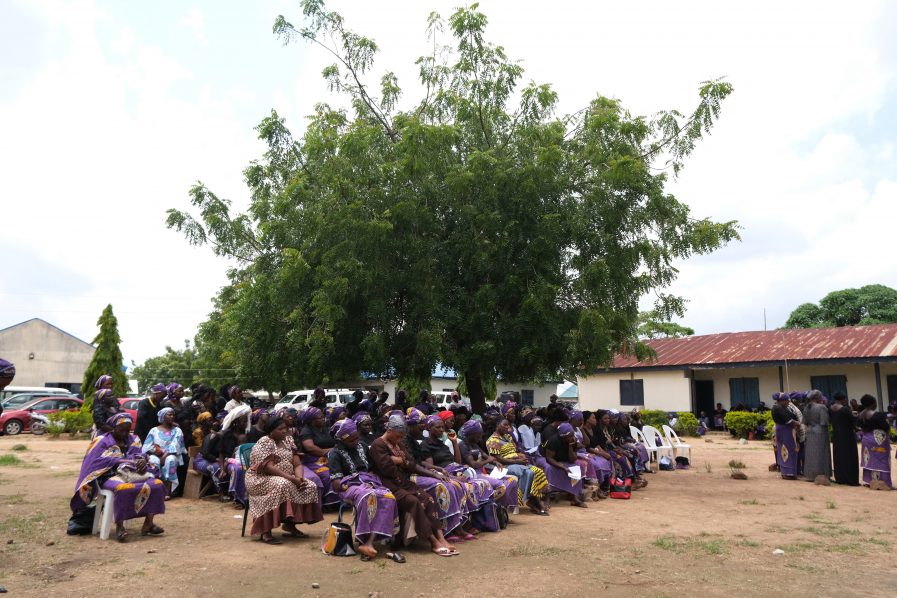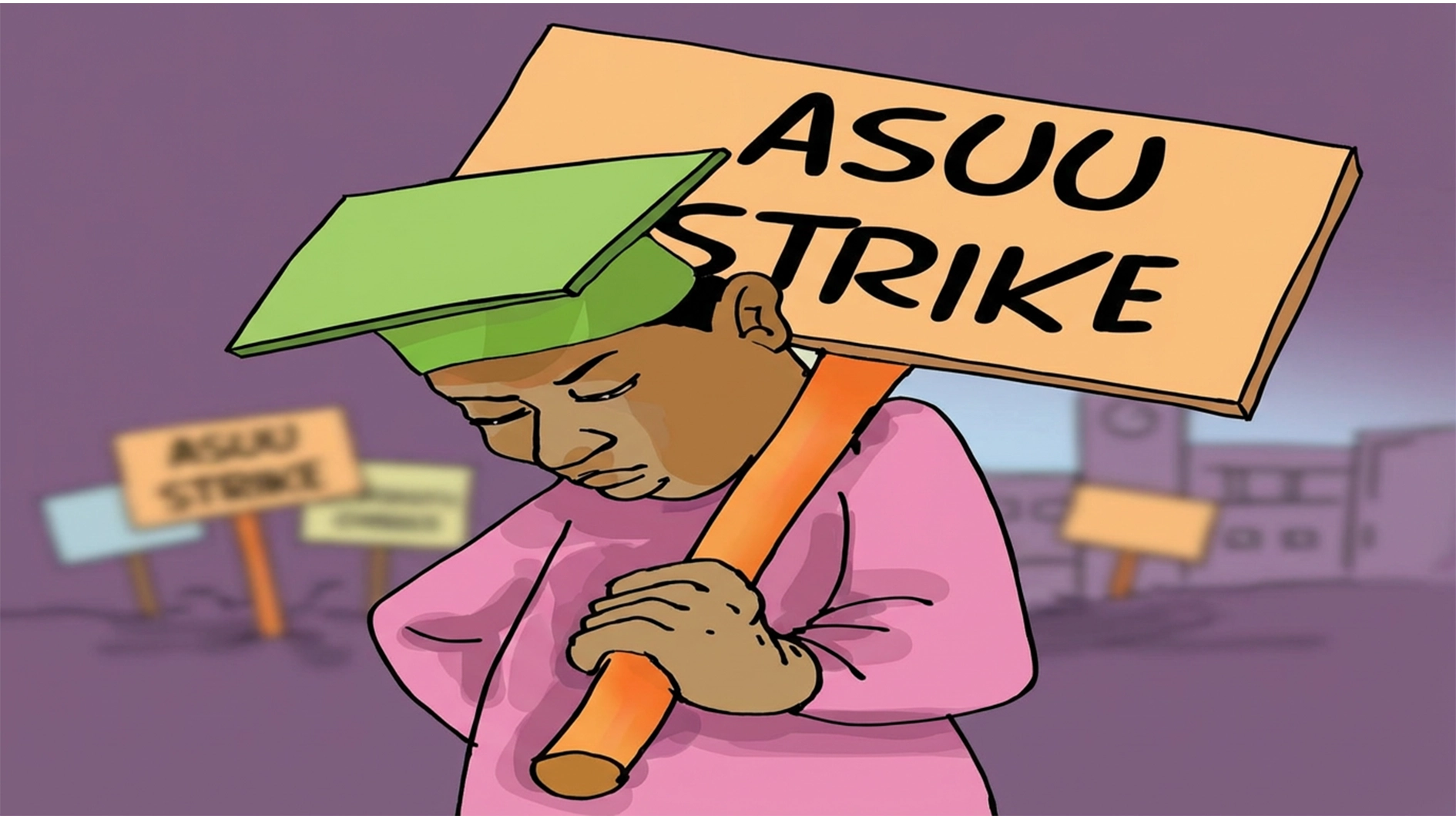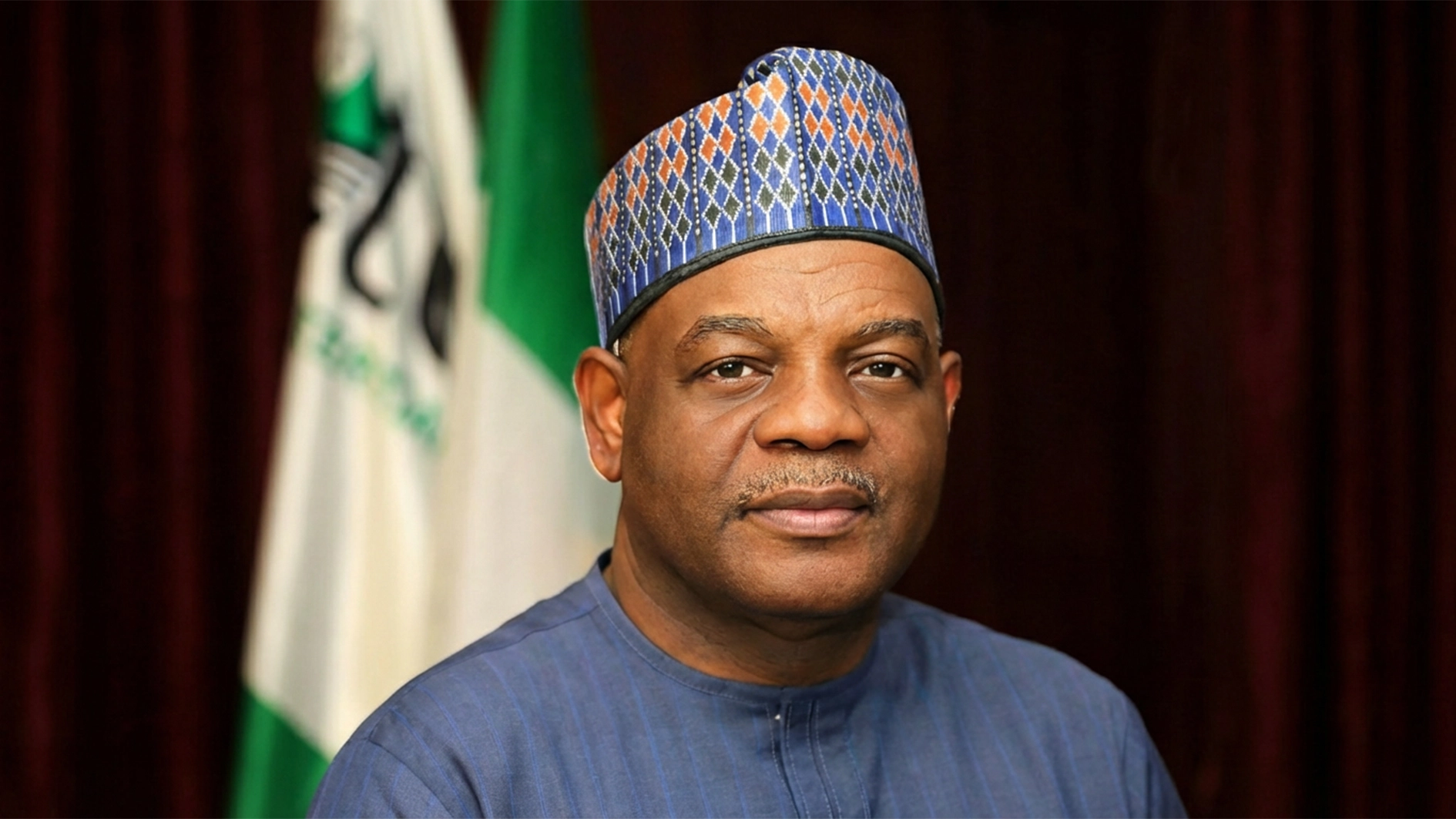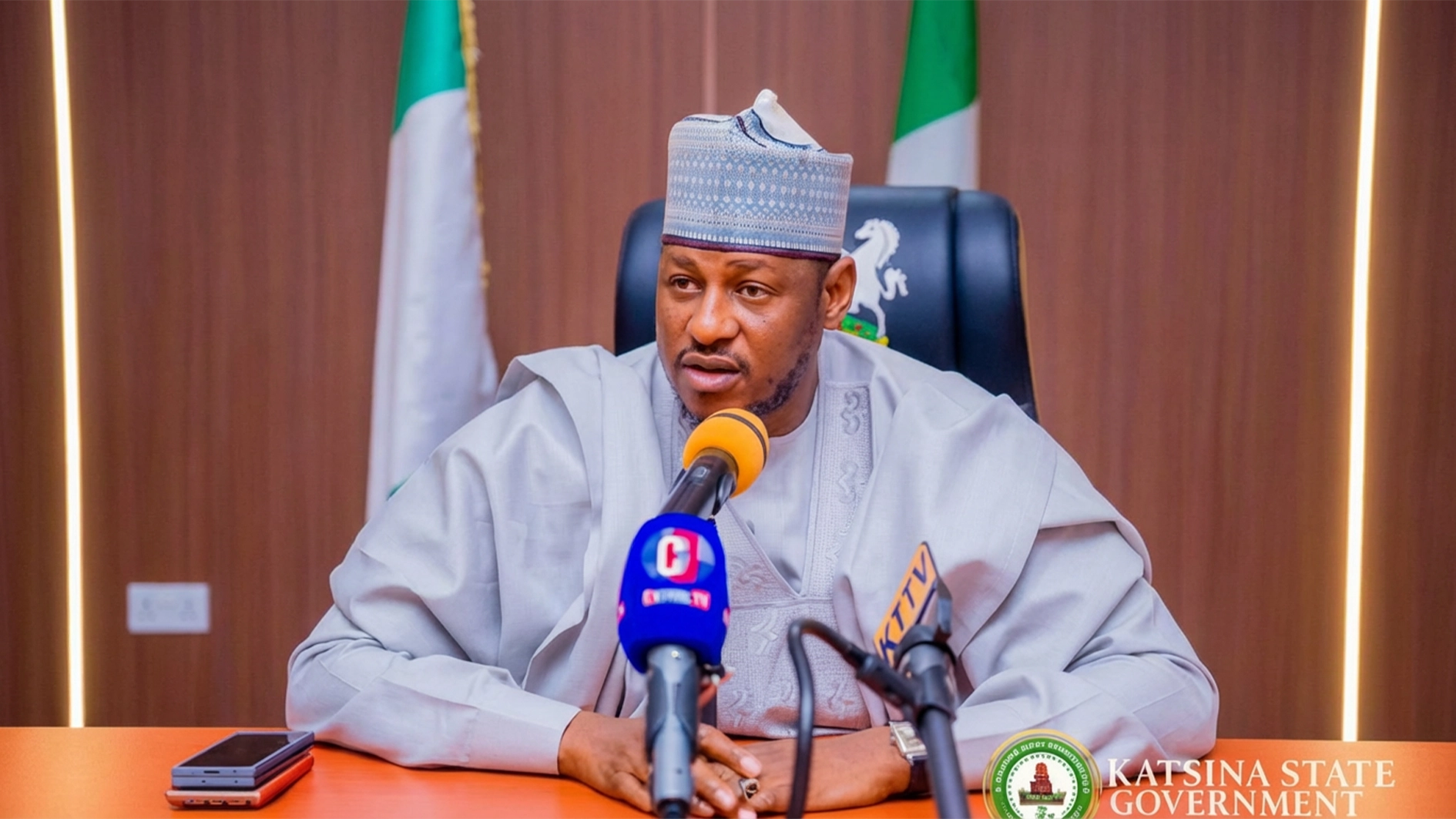[dailymotion code=”k3bYSMX1yycvWJxdb8B” autoplay=”yes”]
• 1,400 schools damaged between 2009 and 2020
• 2,295 teachers killed during the period
The United Nations Children’s Fund (UNICEF) has raised the alarm over dangerous attacks on schools.
The officer-in-charge of UNICEF Maiduguri Chief of Field Office, Samuel Sessay, listed some consequences of violent attacks on education to include increasing number of out-of-school children, poorer health for citizens, rising cases of early marriages and unwanted pregnancies, perpetuating the cycle of household poverty, increase in infant and maternal mortality, among others.

The July 5 attack in Nigeria’s northwest Kaduna state was just the latest mass abduction at a school or college as kidnap gangs seeking quick ransoms zero in on soft target of young students.
Armed kidnappings for ransom along highways, and from homes and businesses now make almost daily newspaper headlines in Africa’s most populous country. (Photo by Kola Sulaimon / AFP)
According to him, between 2009 and 2020, a total of 1,400 schools were damaged, more than one million children were forced out of school; 2,295 teachers were killed with the yearly dropout rate for children in Northeast highest in Nigeria.
To protect education from attacks, Sessay canvassed domestication and implementation of the safe school declaration in all states; increase budgetary allocation for the sector; creation of reporting desks in schools and prompt punishment of sexual offenders as well as emergency preparedness training in schools.
He said UNICEF encourages Nigeria to engage in dialogue with relevant stakeholders in the education sector for repositioning.
On her part, Executive Director of Wole Soyinka Centre for Investigative Journalism (WSCIJ), Motunrayo Alaka, charged journalists to focus more on quality reporting of the nation’s education sector.
She said the organisation’s five-year Regulatory Monitoring Project (REMOP) on education has shown that the media pay poor attention to the basic education sub-sector.
She said journalists need thorough impact-driven reports in the sector to achieve results.
In his brief remarks during the workshop, chairman of Education Writers’ Association of Nigeria (EWAN), Mojeed Alabi, said the association would work with relevant stakeholders in the sector to reclaim its lost glory.
Alabi said the International Day to Protect Education from Attack is significant for the country, considering the new development of violent attacks on schools and educators.
He said: “EWAN is committed to reclaiming the lost glory in the education sector in Nigeria through accurate, balanced and investigative reporting, aimed at exposing the ills and advocating necessary change for national development.”
Meanwhile, the end of the workshop coincided with the association’s inaugural congress after its recent election conducted for some vacant positions.






